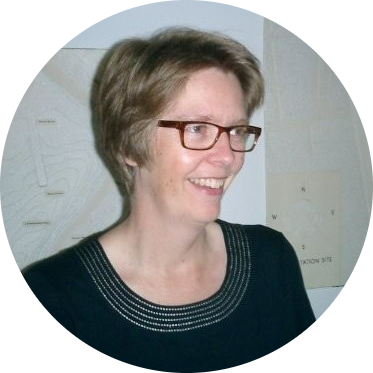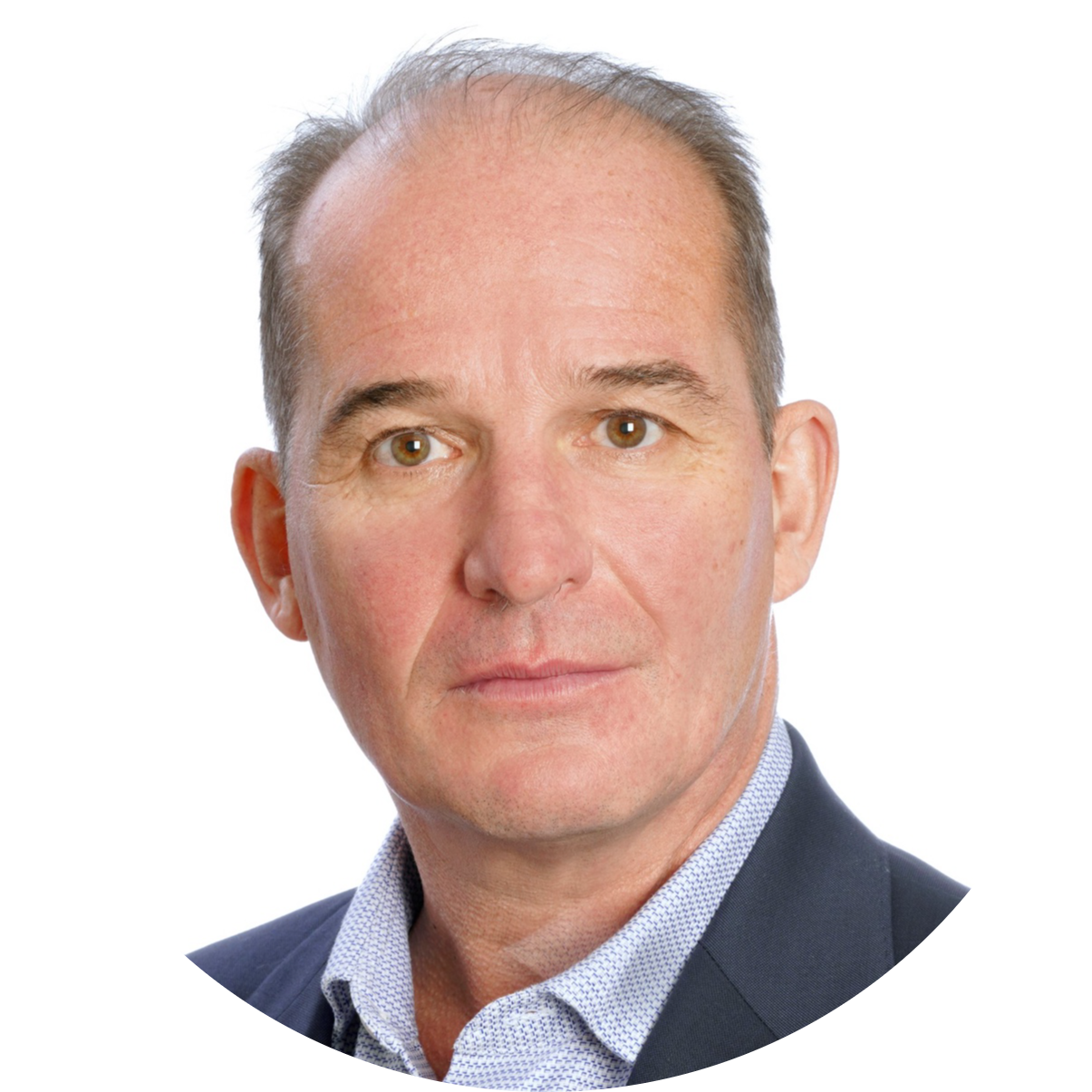The world is changing, and its relationship with science has never been as important as it is now.
Megatrends like climate change, rapid urbanisation, and economic, social, and technological developments are already fundamentally impacting the sector, and all have the potential to change the role of environmental science further.
As part of our Future of ES23 horizon scanning & foresight project, the IES is holding a discussion event to facilitate conversations about how these megatrends may influence the future of the environmental sciences.
This interactive event will bring together all the discussions on megatrends from throughout the first theme. The scene will be set by a panel of experts presenting on climate change, urbanisation, and the wider context of megatrends. Attendees will have a chance to feed in their views during a group horizon scanning exercise, as well as to ask questions of the expert panel.
Agenda
- Introduction (14.00 - 14.10)
- Panel presentations on megatrends, climate change, and urbanisation (14.10 - 14.50)
- Breakout discussions for participants (14.50 - 15.20)
- Plenary (15.20 - 15.35)
- Panel Q&A and discussion (15.35 - 15.55)
- Outro (15.55 - 16.00)
Speakers
Huw Williams, SAMI Consulting
Huw  Williams has over 20 years’ experience of strategy development at the leading edge of change and new business development in the telecoms, internet and e-commerce arenas. He has excellent presentational and influencing skills developed over many years of working at Board level.
Williams has over 20 years’ experience of strategy development at the leading edge of change and new business development in the telecoms, internet and e-commerce arenas. He has excellent presentational and influencing skills developed over many years of working at Board level.
Huw has been a Principal at SAMI Consulting since 2010, most recently delivering a scenario project for the EC Research and Innovation Directorate on R&I futures (including space) in various regions of the world. He has also recently delivered a scenario exercise on future skills needs for the North East Local Enterprise Partnership. Prior to that he worked on a a major project for the EU Health and Safety Agency (EU-OSHA) building scenarios for the future of work and the implications for Health and Safety.
He has also completed Horizon Scanning projects for Defra (in partnership with Natural England, Environment Agency, Food Standards Agency and Welsh Government), Dept for Transport and Scottish Water. He has conducted structured interviews on the future of Electric Vehicles for IET and run scenario planning workshops.
Penelope Tollitt, Making Places Together
 Penelope is a member of the Royal Town Planning Institute and a Chartered Environmentalist, and regards herself as a generalist.
Penelope is a member of the Royal Town Planning Institute and a Chartered Environmentalist, and regards herself as a generalist.
Professionally, as an urban designer and planner, she worked in a number of planning departments, including in Bath, Kensington and Chelsea, and most recently Wycombe where she was Head of Planning and Sustainability. She now runs her own planning consultancy ‘Making Places Together’, and is a visiting lecturer at UCL. She is a Design Council Expert, Chairs the Berkshire, Oxfordshire, Buckinghamshire and Milton Keynes (BOBMK) design network, is a Director of Planning Officers Society Enterprises (POSe), and a member of the Town and Country Planning Association (TCPA) Policy Council, and recent past Chairman of the RTPI’s England Policy Panel.
In her personal capacity, she is a voluntary Non Executive Director of Chiltern Rangers, a CIC engaging local communities in managing woodlands and wildlife sites; she chairs of Revive the Wye, a community partnership for the Chalk Stream in High Wycombe and Bourne End; is a trustee of Wycombe Environment Centre, and works with the local Council on community led initiatives to boost biodiversity and cut carbon. She is a Fellow of the Royal Society for Arts.
Professor David Viner FIEnvSci
 David has nearly 30 years’ experience working across global climate change and sustainability. He is one of only a few individuals to have spanned the private sector, policy, academic and NGO communities. David started his career at the world renowned Climatic Research Unit at the University of East Anglia at which he is a visiting professor. David established the research infrastructure for the use of observed and modelled climate data in research and policy assessments and contributed to numerous international and regional climate change assessments and projects.
David has nearly 30 years’ experience working across global climate change and sustainability. He is one of only a few individuals to have spanned the private sector, policy, academic and NGO communities. David started his career at the world renowned Climatic Research Unit at the University of East Anglia at which he is a visiting professor. David established the research infrastructure for the use of observed and modelled climate data in research and policy assessments and contributed to numerous international and regional climate change assessments and projects.
From 2007 David was the Principal Specialist for Climate Change at Natural England where he developed the research and approach to landscape scale adaptation. From 2008 David was the Director for Climate Change at the British Council. Here he developed a global programme of engagement to help support the UK and wider support for climate action, working across science, the arts and education.
From 2012 David joined Mott MacDonald, here he provided the evidence base for the establishment of the Climate Resilience Initiative which helped to transform and position the group as a world leader in developing climate resilience solutions. In 2020 David joined the Green Investment Group at Macquarie capital where he oversaw the green investment principles for the group.
David has been involved with the UN’s Intergovernmental Panel on Climate Change since 1992, was a Lead Author on the IPCC’s Special Report on Climate Change and Land and is currently a Co-ordinating Lead Author for the IPCC’s Working Group 2 Sixth Assessment Report. In this capacity he is the only author from the private sector. David is a member of the UK Natural Environmental Research Council’s Scientific Committee. Since 2022 David has been co-Chair of the UK Climate Programme’s Knowledge Network.
This event has been organised as part of the IES's Future of ES23 horizon scanning & foresight project.


